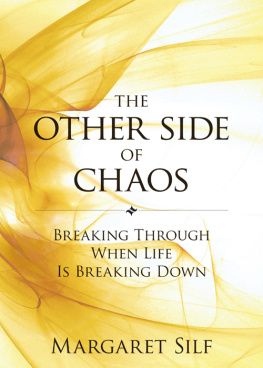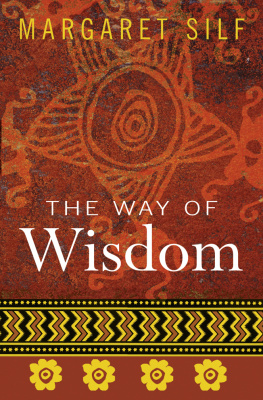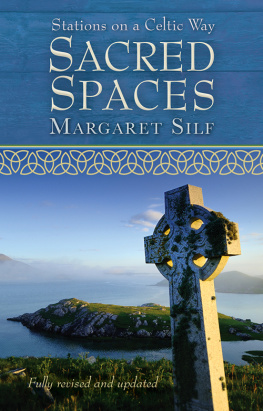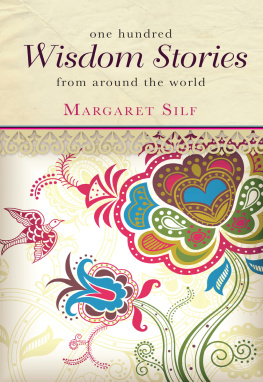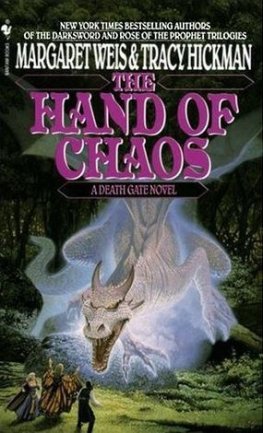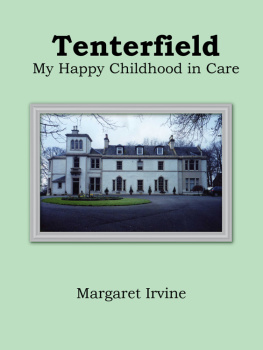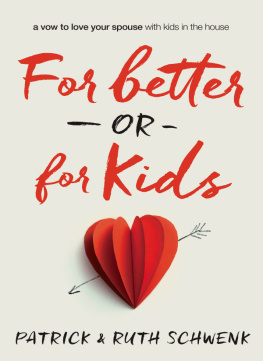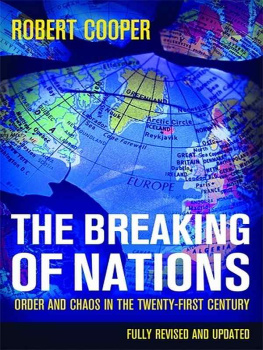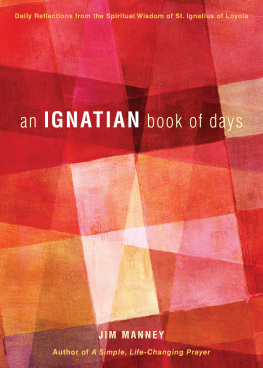
3441 N. Ashland Avenue
Chicago, Illinois 60657
(800) 621-1008
www.loyolapress.com
2011 Margaret Silf
All rights reserved
Scripture quotations contained herein are from the New Revised Standard Version Bible: Catholic Edition, copyright 1993 and 1989 by the Division of Christian Education of the National Council of the Churches of Christ in the U.S.A. Used by permission. All rights reserved.
Cover image 2009 realeoni/Flickr/Getty Images
Library of Congress Cataloging-in-Publication Data
Silf, Margaret.
The other side of chaos : breaking through when life is breaking down / Margaret Silf.
p. cm.
ISBN-13: 978-0-8294-3308-1
ISBN-10: 0-8294-3308-2
1. Consolation. 2. Suffering--Religious aspects--Christianity. I. Title. II. Title: Breaking through when life is breaking down.
BV4905.3.S575 2011
248.86--dc22
2011014937
ePub ISBN 978-0-8294-3572-6
11 12 13 14 15 EPUB 5 4 3 2 1
For us the world happened
Between a mountain and a sea.
Somehow we were dislodged
Then we began to set ourselves free...
R USHDY S IERS , in Words in the House of Sound, 1999
1
The South African poet Rushdy Siers, author of the poem quoted in the epigraph to this book, knows about the chaotic world of change and transition. Born in 1952 in District Six, a neighborhood of central Cape Town, he grew up in the vibrant community of people for whom District Six was home, a community comprising all kinds of folk who didnt quite fit the pattern that the then government of South Africa wanted to impose.
His neighbors might have been former slaves, immigrants, workers, and merchants. They would have been mainly colouredSouth Africans who were neither black nor white, including many Muslims, and the Cape Malays, who had been brought there by the Dutch East India Companyas well as a few black Xhosa residents, some Indians, and a few white Afrikaners. Perhaps they had one thing in common: they didnt fit into the official boxes, and maybe that in itself was one of the reasons the community was so lively and close-knit.
When Siers was a teenager, the apartheid government suddenly decided to clear District Six. The residents were evicted and forcibly removed to a bleak area some fifteen miles away, called Cape Flats. Their homes were bulldozed, a living community demolished. And, as Siers expresses so succinctly in his poem, their world, which was lived out between a mountain and a seain the shadow of the mighty Table Mountain, and on the shore where the Atlantic and Indian oceans meet and sometimes collidewas destroyed.
The transition that he describes, with such ironic understatement, as somehow we were dislodged, they would see in hindsight as the very point at which they began to set themselves free. And this freedom would eventually bring them back together in a new kind of community and transform the story itself into a lesson for all of us about the power of change.
As we make the journey through this book, we will explore what it is like for us, too, to go through upheaval, which often brings unwanted change in its wake and forces us through the narrow gateways of transition. I hope that most of our upheavals wont be as painful or as brutal as the one described in Sierss poem. Yet my own experiences of change encourage me to believe that it is often precisely those times when we are dislodged and forced to leave our accustomed comfort zones to embrace (or resist!) a new phase of our lives that we really do receive an invitation to begin to set ourselves free.
What lies on the other side of chaos? Can an apparently negative experience of change be, for us, too, the catalyst for a new beginning, calling us forward into deeper freedom? No one knows, and none can predict. We will discover what new growth may be sprouting in our lives only if we risk the journey that takes us, like reluctant time travelers, hurtling through the uncharted universe of change.
Transitions are never comfortable.
They Make Your Feet Ache
You find yourself dragging crates and boxes around a new home, and what is supposed to be a familiar, cozy living space now looks like it would qualify for UN disaster relief.
You used to settle into your corner of the office in the morning, and now you are running a marathon before breakfast, trying to satisfy the unrelenting demands of a new baby.
You are trudging the unfamiliar streets of a town you hardly know, trying to locate a supermarket, a dentist, a post office. After the third time of circling the place, your feet wont tolerate a single further stepbut where did you park the car?
They Make Your Head Ache
Its a great new house, but how do you get the telephone, broadband, even electricity and water installed? Where did you leave that long list of people to tell of your new address? How are you going to get your furniture up those stairs? How will you ever fit the contents of all those boxes onto so few shelves?
You thought you really wanted this new job. But now that youre here, do you really think you can handle it? You were so sure you loved this person. But now that youve made vows for life, you realize that life is a very long time indeed, and you may not even make it through to lunch without a falling-out.
You had your life together financially. Then you lost your job. What now? Where do you begin? Unpaid and unpayable bills? Anxieties about health care? Too old to start over? Too late to teach the old dog new tricks?
Worst of All, They Make Your Heart Ache
The last child has flown the nest, and you realize just how much you love her, miss her. You long for your son to come back to visit, yet fear that he might not.
You were someone in your job, a respected colleague. Now you are stuck at home with a screaming child, and you feel that you dont have a place in the real world any more. You are recently retired, and suddenly you have become invisible. No one asks your opinion any more. You feel unvalued, unwanted, unnecessary.
You wake up in the small hours and wonder whether, after all, you should have stayed in that crumbling relationship, hung on to your independence, remained childless and pursued your career instead, let the career go and had a child instead. Or you never even fall asleep, because your heart is churning and yearning for the partner who has died, for the home that the bankers repossessed, for the place where you knew the neighbors and spoke the same language.
Transitions Make You Ache Everywhere
They make you ache, in every joint and muscle and in every brain cell, and in every fiber of your heart.
Some of these transitions we freely choose. Some are thrust upon us against our will. Some just creep up quietly while were not looking and take us unawares. But they all have this in common: they change us, whether we like it or not, and they usually dont give us the option of going back. Things will never be quite the same again, whatever course we choose going ahead. The flight path of times arrow is irreversible. It moves only in one direction: forward.
So what does forward mean for us? Where are the meaning and the hope in all the disruption? Where are the petals of promise among the fallen leaves of our losses and regrets? Are times of transition simply chaotic periods that we have to survive as best we can, or might they mean moremuch morethan that? Might they actually be times when something radically new is gestating within us and painfully coming to birth?

